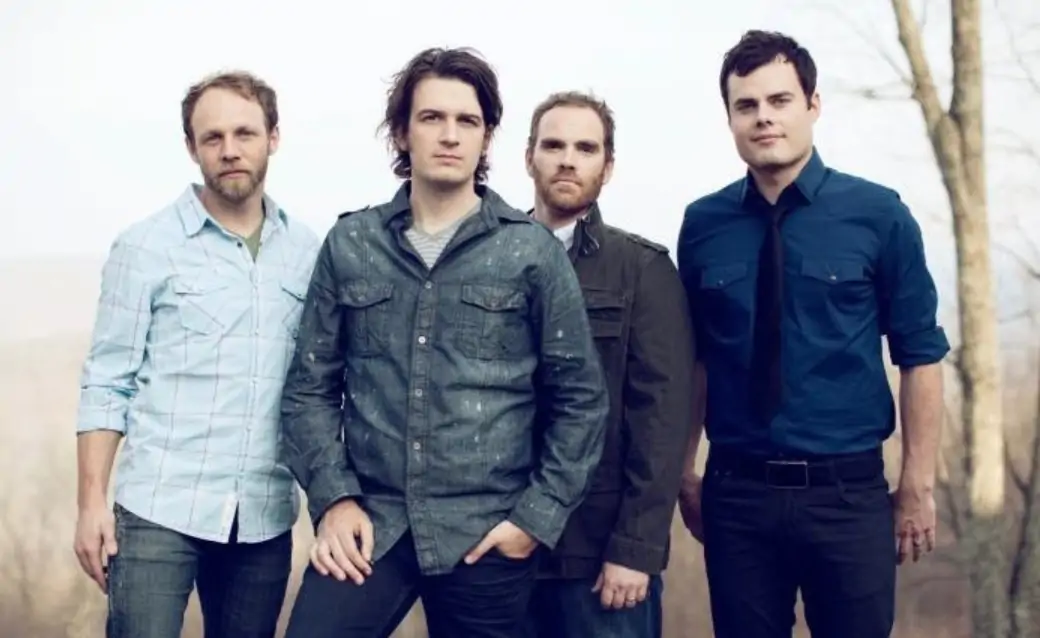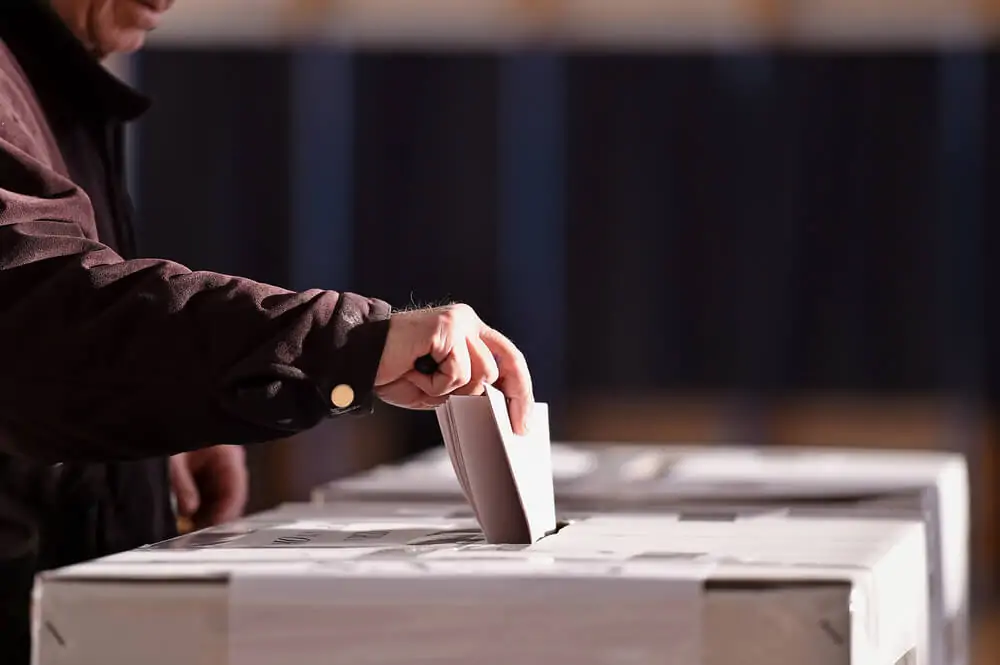
On his latest album Clear The Air, Christon Gray gets honest. Really honest.
On it, he opens up about personal struggles, divorce, faith, mental health, church more and even when those subjects get honest, and things start to get real. Gray understands that the Church–and the Christian music industry itself–doesn’t always welcome these kind of conversations, but for him, the honesty is worth the risk.
We recently talked with Gray about the album, and why it’s so important to be authentic about your story.
When you sat down to write Clear The Air, what were some major themes that you wanted to cover in this album?
One of the things I wanted to cover in Clear The Air was a recurring theme of honesty in the Christian space. I think from prior years being in the industry I’ve seen the lack of it, and to say the least, it made us not so relevant. But it’s starting to becoming psychologically damaging to our church and to our society when people aren’t honest about the things they go through. So that’s what this album is really about.
A lot of people in the church in general don’t feel safe being able to talk about vulnerabilities. How do you get over that?
I do care and that’s the thing, I had to try to find comfort in my uncomfortable skin. Like I had to realize that this is not really a space that supports me in some areas. Some of the people who exist in it don’t support me for the things that I go through. Like my struggles or sins or just honestly my humanity. It may not look like the trend of the church, but embracing that for the people who don’t have a voice and for the large majority of the people who are being affected by this message.
If it means breaking through some of the political parties to get directly to the fans and the people out here, it’s kind of redeeming the purpose of this message as a whole. I mean Jesus went through it, right? He was killed by his own people for being himself. So I’m like, okay, well I’m not dying on a cross today, so how about I pick one up? I’m cool with this.
“Time Out” is a really bold track, that a lot of people are sharing. Tell me a little bit about how that song came about.
Well Time Out” is kind of the little brother to a song that I released in 2016 called Stop Me, and God took it to some amazing places. We’ve gotten some major sync placements all the way from ESPN to HBO to Fox to Honda and now to Madden 19… as soon as you turn the game on, they’re playing that song. We wanted to fill a need within the industry to give them heavy overt Jesus content that’s reaching these mainstream platforms.
So we made Time Out just as a way of saying, regardless of where we are and what we’re dealing with and what we’re facing, don’t even consider giving up. It’s not called “game over.” It’s called Time Out. There are no timeouts in this life. Just keep going. So you know the high energy, the swag you hear is really just the confidence that I have in the Holy Spirit to kind of bring me through every situation.
There’s something about hip hop that allows you to tell a story. It really pulls you in.
I grew up in a pretty sheltered environment. I wasn’t allowed to bring secular music in the house or else it would get thrown in the trash. My brother and I both struggled to find our voice in culture because of that, but I’m just out here trying to set trends that everybody can follow.
A larger theme in hip hop is people being willing and able to talk about addiction and mental health. You and a handful of others are doing it in the Christian space, but you can even see it in some mainstream acts now. Why do you think this transition is happening in hip hop?
Social media has kind of exposed all the media that we didn’t get to see before social media existed. Now it’s kind of like, you’re your own music station and people they don’t have to wait for TMZ to spill their own tea. I think people have found their identity so much in these social platforms that they’re starting to tell the truth about themselves because they see other people doing it. I think for some people, it’s been a sense of therapy, but I’ve seen how it makes things worse. Exposing yourself and your deepest warfare that you go through internally can just turn into a meme on twitter. That’s contributed to the psychological damage that we haven’t started to deal with. Even in the church. But we’re a part of it, bro.
We’ve got people dying over here, literally committing suicide. And I’ve got a 6-year-old daughter. I can’t fathom what kind of world she’s going to grow up in. So I’ve got to make sure that I’m on the frontline talking about what I deal with, one, for my own recovery but potentially for hers too. People are growing up in trauma now, that’s how it is.
They’re exposed to things that you know every generation before them couldn’t even imagine.
Couldn’t imagine! The things that happened to the previous generations that would be considered trauma… now that’s just accessible on your phone.
We gotta talk about not only how that affects the world, but how it actually affects us too.
We gotta be honest.























